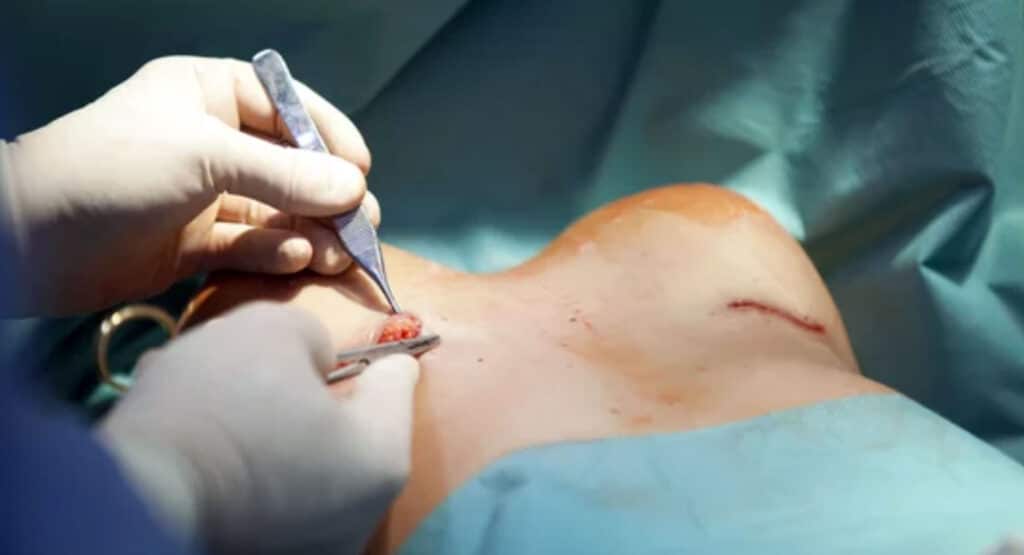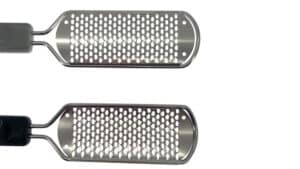
- March 28, 2023
- 2:45 pm
How to Choose the Best Surgeon to Have Breast Augmentation: 5 Tips and Recommendations
Table of Contents

Introduction:
Breast augmentation is a common aesthetic procedure in which breast implants are placed to improve breast size, form, and symmetry. While breast augmentation can improve self-confidence and body image, it is important to choose the Best Surgeon to minimize risks and ensure the best possible outcome. In this article, we will discuss how to choose the best surgeon to have breast augmentation, including factors to consider, questions to ask, and tips for post-operative care and recovery.

Factors to Consider When Choosing a Surgeon:
- Credentials: Look for a board-certified plastic surgeon who specializes in breast augmentation. Certification ensures that the surgeon has undergone rigorous training and meets high standards of safety and proficiency.
- Experience: Ask the surgeon about their experience with breast augmentation, including the number of procedures they have performed and their success rate. Choose a surgeon who has a track record of excellent results and satisfied patients.
- Technique: Ask the surgeon about their preferred technique for breast augmentation and why they recommend it. There are various techniques for breast augmentation, including submuscular, subglandular, and dual plane. The surgeon should explain the advantages and disadvantages of each technique and recommend the best option for your body type and aesthetic goals.
- Before-and-after Photos: Ask to see before-and-after photos of the surgeon’s previous patients. This will give you a sense of the surgeon’s aesthetic style and their ability to achieve natural-looking results.
- Communication: Choose a surgeon who takes the time to listen to your concerns and answer your questions. The surgeon should explain the procedure in detail, including the risks, benefits, and recovery process. They should also provide realistic expectations for the outcome of the surgery.

Tips for Post-Operative Care and Recovery:
- Follow the surgeon’s instructions for post-operative care, including taking medication, wearing compression garments, and avoiding certain activities.
- Arrange for someone to help you with daily tasks for the first few days after surgery.
- For several weeks after operation, avoid strenuous tasks and hefty lifting.
- Attend follow-up appointments with your surgeon to monitor your progress and address any concerns.
- Be patient and allow time for your body to heal and adjust to the implants.
FAQs:
Q: What qualifications do plastic surgeons need to have?
A: Plastic surgeons typically need to complete a medical degree, a residency in general surgery, and a fellowship in plastic surgery. They must also be licensed and board certified in plastic surgery.
Q: How can someone find a reputable plastic surgeon?
A: There are several ways to find a reputable plastic surgeon, including getting recommendations from friends or family members, checking online reviews, verifying board certification, and scheduling consultations with multiple surgeons to ask questions and compare their experience and qualifications.
Q: What are some of the risks of breast augmentation?
A: Like any surgical procedure, breast augmentation carries risks, such as infection, bleeding, scarring, and implant rupture. However, these risks could be minimized by choosing a skilled and experienced surgeon and following post-operative care instructions.
Q: How long could it take to recover from breast augmentation?
A: Recovery time varies depending on the individual and the surgical technique used. Most patients can return to work and normal activities within 1-2 weeks but should avoid strenuous activities and heavy lifting for several weeks.
Q: How long do breast implants last?
A: Breast implants are not designed to last a lifetime and may need to be replaced at some point. Breast implants have varying lifespans based on variables such as implant type, placement, and individual factors.
Conclusion:
Choosing the right surgeon for breast augmentation is essential for achieving a safe and successful outcome. Consider factors such as credentials, experience, technique, and communication when selecting a surgeon. Follow post-operative care instructions carefully and attend follow-up appointments to ensure a smooth recovery. Remember that breast augmentation is a personal decision and should be based on your individual needs and goals. By taking the time to research and choose a skilled and experienced surgeon, you can achieve the best possible results and feel confident in your body.









